Saga Tech
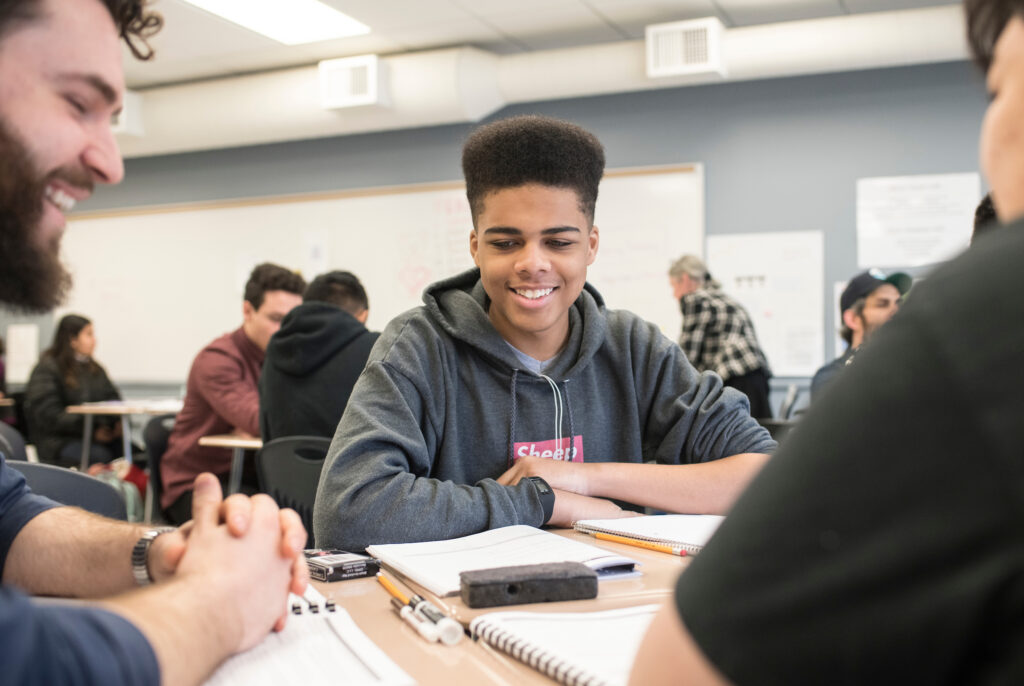

Can Technology Facilitate Scale? Evidence from a Randomized Evaluation of High Dosage Tutoring
Published June 3, 2024: Results from our study of a high-dosage tutoring model–what we call “Saga Technology”–found that substituting some tutor time with educational technology can reduce costs by one-third and halve the number of tutors needed without compromising effectiveness. This study builds on previous research of high-dosage tutoring shown to double or triple what students learn in a year.
The Education Lab conducted a study of a high-dosage tutoring model–what we call “Saga Technology”–which found that substituting some tutor time with educational technology can reduce costs by one-third and halve the number of tutors needed without compromising effectiveness.
Challenge
Research suggests that high-dosage tutoring—consistent time for students to work with a tutor using a structured curriculum delivered three or more days per week during the school day—is the most effective way to accelerate student learning. But school districts hoping to expand their tutoring programs are running up against two key challenges to scaling up the benefits of high-dosage tutoring: cost and staffing.
Opportunity
The Education Lab partnered with Chicago Public Schools, New York City Public Schools, and nonprofit tutoring provider Saga Education to evaluate a tutoring program–what we call the “Saga Technology” model–that replaces some tutor time with educational technology. Specifically, this paper examined whether we can reduce reliance on tutor time by encouraging students to use educational technology, while still maintaining student learning outcomes.
Solution
The results suggest we can reduce reliance on tutor time. When students alternated between a tutor and a high-quality education technology platform, schools were able to reduce the costs of tutoring programs by one-third without any drop-off in effectiveness from the previous study. Participating students experienced the equivalent of an extra one to two years of math learning, a result comparable to Saga’s highly successful traditional tutoring program.
Project overview
In the aftermath of the global COVID-19 pandemic, United States Secretary of Education Miguel Cardona strongly encouraged districts to support high-dosage tutoring with at least part of the $122 billion the federal government provided to overcome pandemic-related learning loss. Research suggests that high-dosage tutoring—consistent time for students to work with a tutor using a structured curriculum delivered three or more days per week during the school day—is the most effective way to accelerate student learning.
But school districts hoping to expand their tutoring programs are running up against two key challenges to scaling up the benefits of high-dosage tutoring: cost and staffing. Tutoring programs are cost-prohibitive for many schools; even if schools spent all federal pandemic relief funding on tutoring alone, these programs would only reach a fraction of the students in need. And while there is evidence that educational technology can help supplement instruction, there is more to learn about how to implement these resources equitably and at scale.
The University of Chicago Education Lab partnered with CPS, NYCPS, and nonprofit Saga Education to evaluate a tutoring program–what we call the “Saga Technology” model–that replaces some tutor time with educational technology. Specifically, the study examined whether we can reduce reliance on tutor time by encouraging students to use educational technology, while still maintaining student learning outcomes.
Read more about the study below.
Years Active
2018 – present
Topics
Project Leads
Monica Bhatt
Senior Research Director
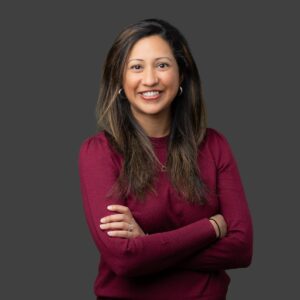
Jon Guryan
Faculty Co-Director
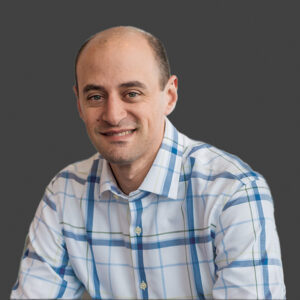
Salman Khan
Research Director
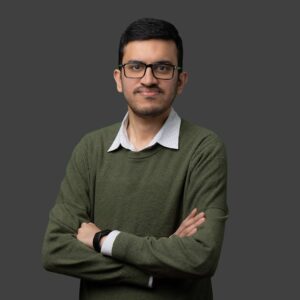
Michael LaForest-Tucker
Assistant Professor of Economics, United States Air Force Academy
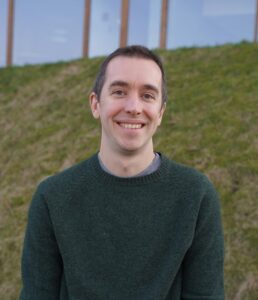
Chicago Public Schools
New York City Public Schools

When students alternated between a tutor and a high-quality education technology platform, schools were able to reduce the costs of tutoring programs by one-third without any drop-off in effectiveness from the previous study. Participating students experienced the equivalent of an extra one to two years of math learning, a result comparable to Saga’s highly successful traditional tutoring program.
This study shares findings on the effectiveness of the model in two large school districts during the 2018-19 and 2019-20 academic years. The study provides a proof point that the Saga technology model can work when the right mix of educational technology and tutor time is implemented, providing a potential “recipe” for scaling high-dosage tutoring.
The Education Lab is grateful for generous support from the AbbVie Foundation, Arnold Ventures, Griffin Catalyst, and Overdeck Family Foundation.
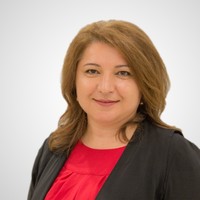
The findings from this study mark a pivotal moment for both students and educators, not only within Chicago Public Schools but for school districts across the country. By accelerating learning with high-dosage tutoring that incorporates educational technology, we’re beginning to unlock and understand an innovative approach to education that provides targeted supports to students through extended learning time, helping students thrive in the classroom.
Chief Education Officer of Chicago Public Schools
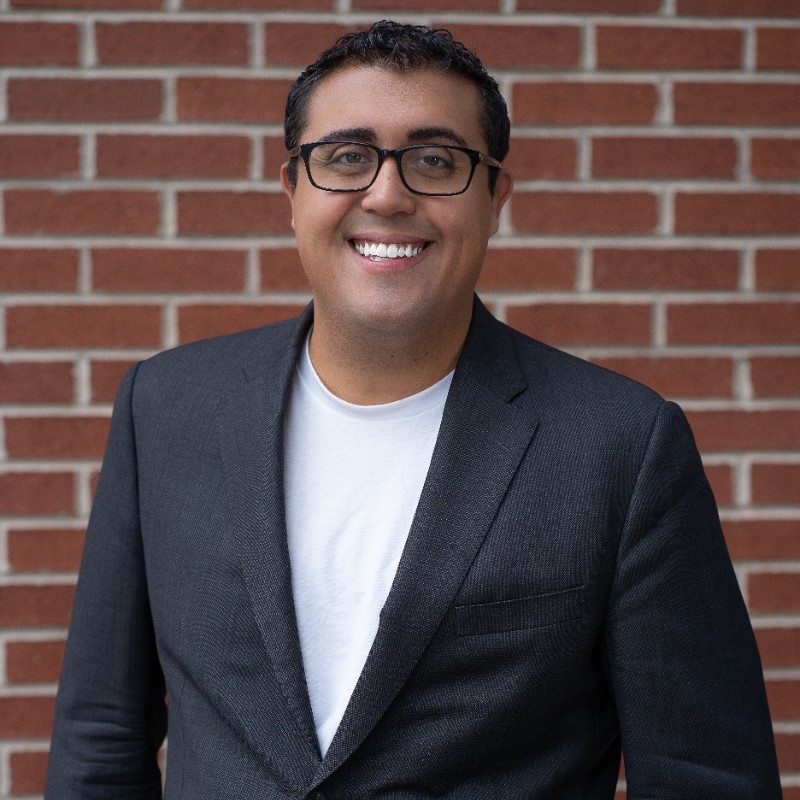
We’re proud to have a longstanding relationship with the UChicago Education Lab. We’re constantly trying to push the boundaries and be innovative in how we can deliver tutoring to the most students possible, and this study is an exciting example of doing just that. Today’s results help us understand that our high-impact tutoring model is an effective and cost-effective tool to reach more students and help them overcome learning loss, get back on track, and reach their full potential.
Co-Founder and Chief Policy and Public Affairs Officer of Saga Education
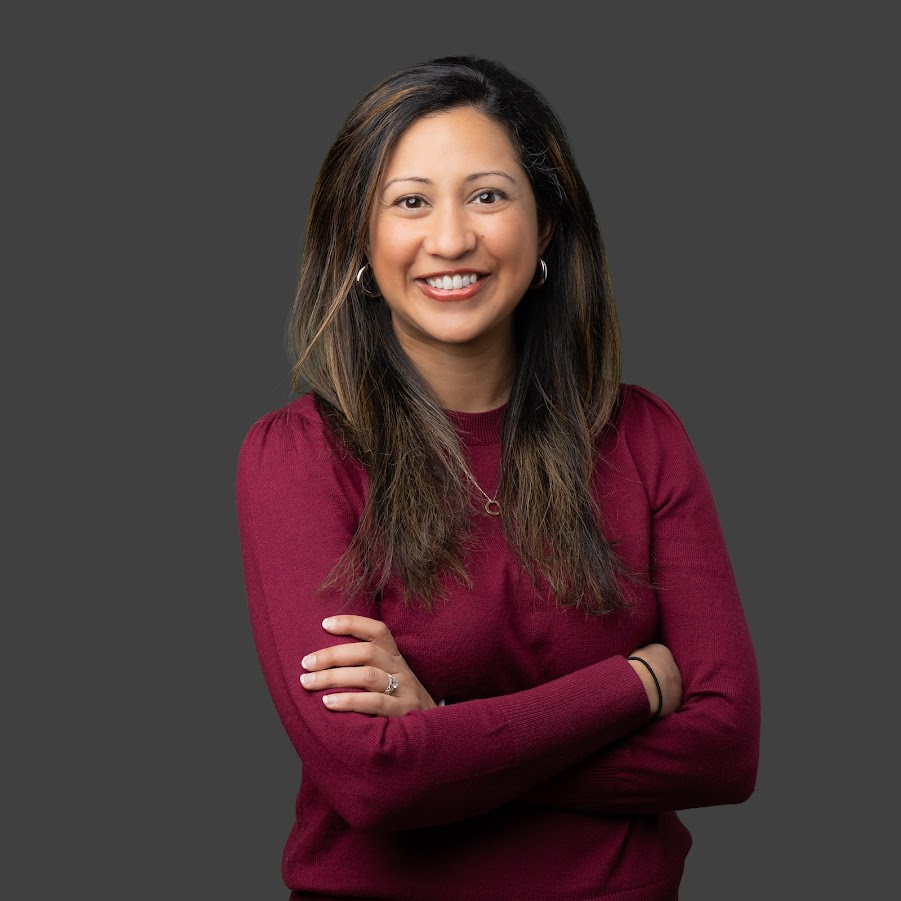
Very rarely do you see such a large reduction in cost and no loss in program effectiveness. These findings are exciting because they provide us a pathway to scale and a potential recipe for districts to follow for implementing high-quality differentiated instruction.
Senior Research Director at the University of Chicago Education Lab
Latest Updates
Study Finds In-School High-Dosage Tutoring Combining Technology and Tutor Time Can Successfully Accelerate Student Learning, Reduce Costs to Districts
Findings from a study of a Saga Education tutoring model show that in-school high-dosage tutoring infused with educational technology increased learning for students in Chicago Public Schools (CPS) and New York City Public Schools (NYCPS).

Commentary: Counterintuitive strategies for overcoming pandemic learning loss with high-dosage tutoring
The Education Lab’s Monica Bhatt, Jon Guryan, and Jens Ludwig outline strategies for schools and districts to overcome pandemic-induced learning loss and highlight results from our study of a high-dosage tutoring model–what we call “Saga Technology.”

Miami-Dade County Public Schools, University of Chicago Education Lab, and Accelerate Announce $9M Gift from Kenneth C. Griffin to Expand High-Dosage Tutoring
Miami-Dade County Public Schools (M-DCPS), in partnership with Griffin Catalyst, Accelerate – The National Collaborative for Accelerated Learning, and the University of Chicago Education Lab, announced the launch of a high-dosage math tutoring intervention for Miami-Dade students recovering from the education crisis caused by the COVID-19 pandemic.

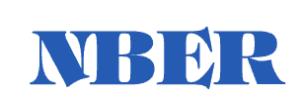
NBER Working Paper: Can Technology Facilitate Scale? Evidence from a Randomized Evaluation of High Dosage Tutoring
This paper outlines results from the Education Lab’s study of a high-dosage tutoring model–what we call “Saga Technology”–which found that substituting some tutor time with educational technology can reduce costs by one-third and halve the number of tutors needed without compromising effectiveness.
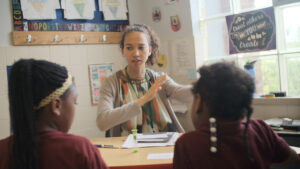
2023 Video- University of Chicago Education Lab: Looking Back and Forward
Watch our latest video on the Education Lab’s history and vision for the future.
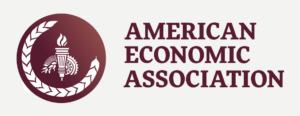
Not Too Late: Improving Academic Outcomes Among Adolescents
Read our academic paper on the early Saga studies published in the American Economic Review.
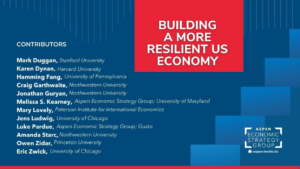
Overcoming Pandemic-Induced Learning Loss
The Education Lab’s faculty co-directors, Dr. Jens Ludwig, professor at the University of Chicago, and Dr. Jon Guryan, professor at Northwestern University, published a paper commissioned by the Aspen Economic Strategy Group for its 2023 policy volume.
